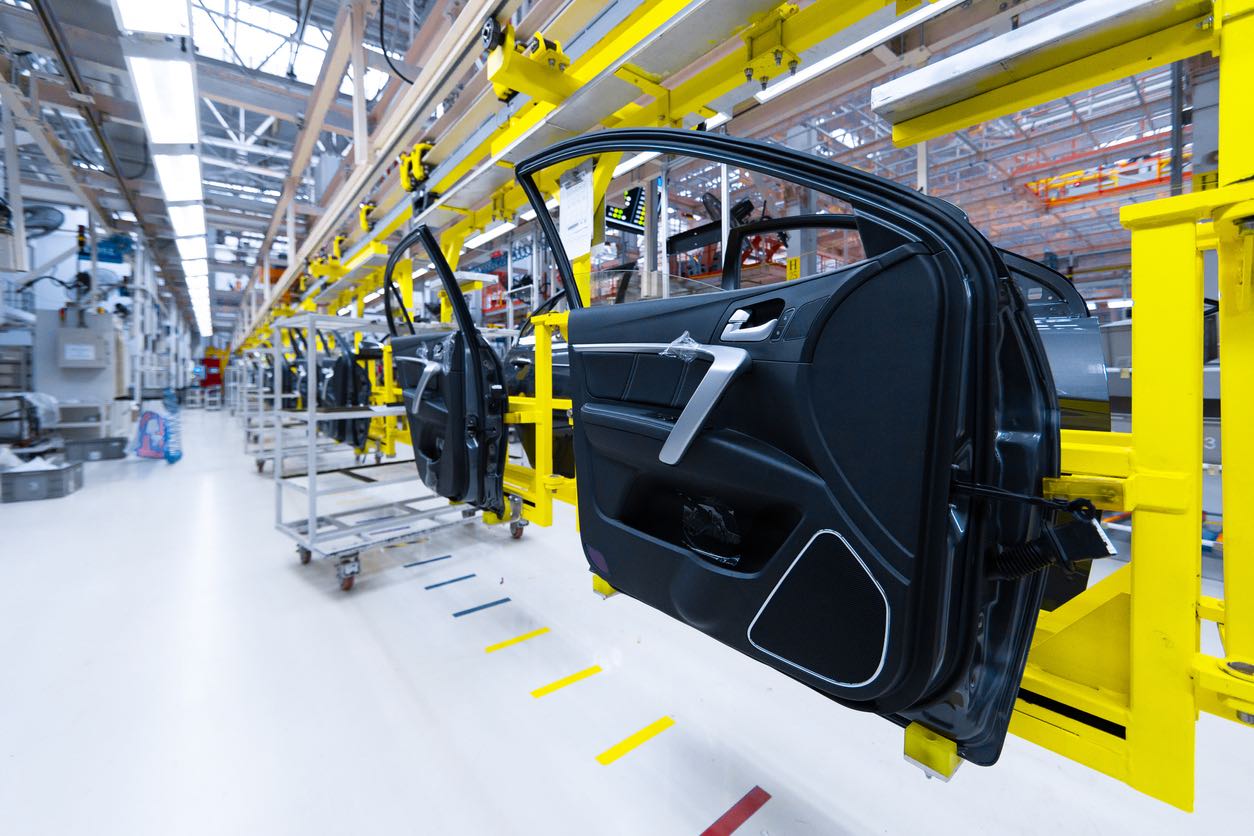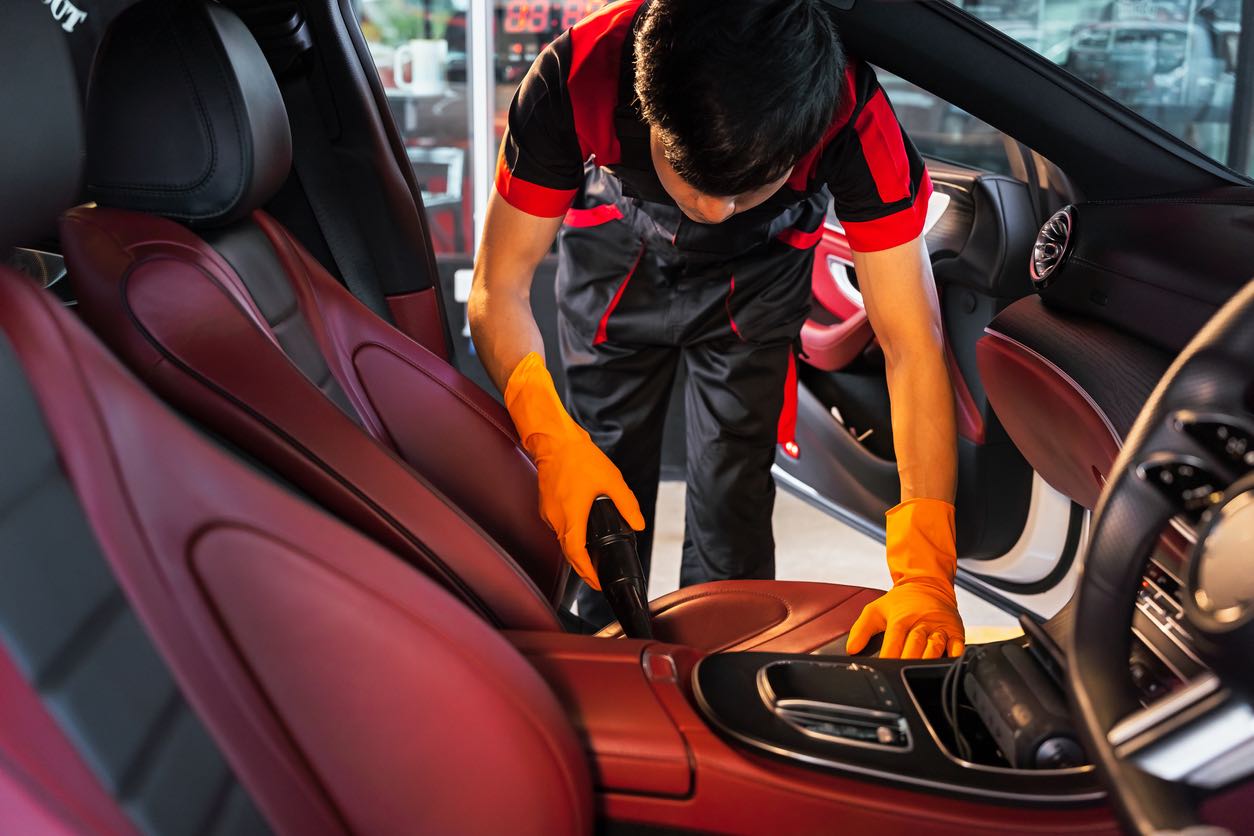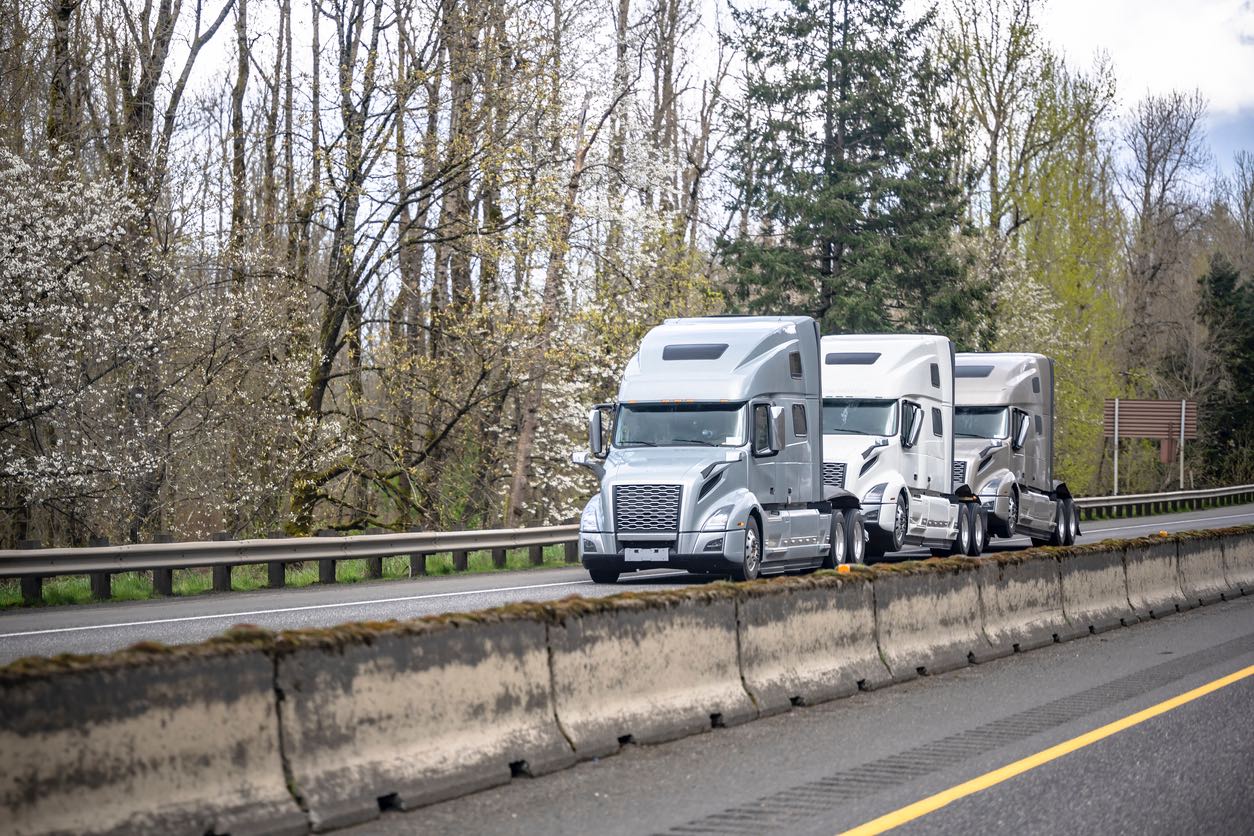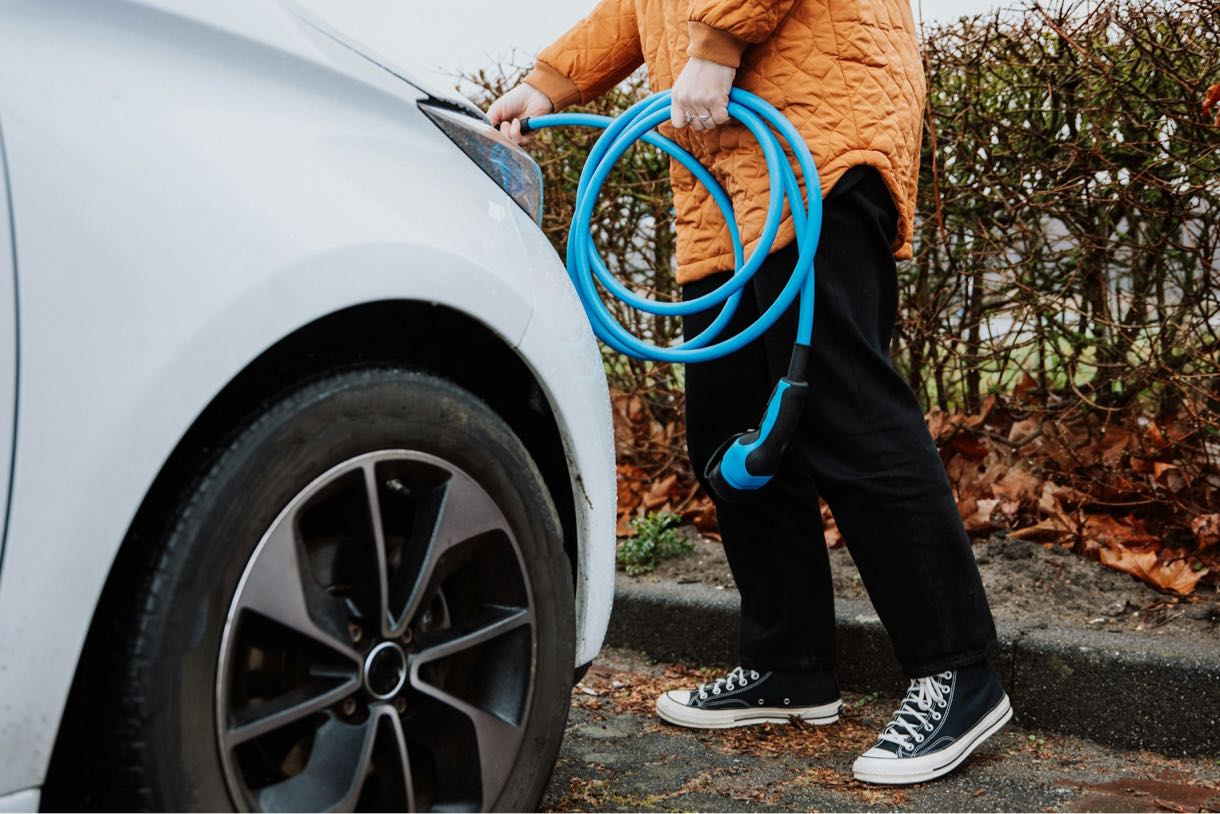The automobile sector, traditionally viewed as the backbone of American manufacturing, is today confronting unprecedented problems. The United Auto Workers (UAW) strike in 2023 has caused ripple effects across the industry, particularly affecting Ford, GM, and Stellantis. As the union and the “Big Three” continue their discussions, the strike’s repercussions are being felt by many people, from direct employees to the complex network of suppliers. Knowing the full scope and depth of this strike’s repercussions is essential, especially with the US car industry at a critical moment. In this blog post, we examine the UAW’s immediate actions, the major automakers’ response, and the wider implications for the US economy.

The UAW’s Stance: A spike in layoffs has resulted from the United Auto Workers’ (UAW) strike against the Big Three automakers, as these businesses struggle with cost containment and supply chain interruptions while talks continue. Thursday – September 21, 2023, was the seventh day of the strike, which marks the union’s first coordinated action against the Big Three of Detroit—Ford, GM, and Stellantis.
Initial Impact: The walkout was started by some 12,700 employees from three Big Three-operated companies, and it resulted in layoffs and work stoppages throughout the supply chains of the automakers.
UAW’s Strategy: The union has decided to implement a “stand up strike” strategy, which permits certain locals to go on strike in their particular locations. This tactic offers flexibility, with the option to escalate to a national strike in the event negotiations fall short. It also leaves the automakers wondering what the union will do next.

Immediate Layoffs: On the day the strike began, some 600 workers at the Ford Michigan Assembly Plant were told not to report for duty. This Wayne, Michigan-based plant is in charge of making the Ford Bronco SUVs and Ranger light trucks.
Ford’s Response: In preparation for any work stoppages, the company is creating backup plans and stressing how crucial it is to keep Ford cars running, particularly for critical services.
Facilities Affected: The impact of the strike was felt by two General Motors sites. Due to a significant lack of stampings, the Fairfax Assembly & Stamping facility in Kansas was forced to close as a result of the strike at the Wentzville Assembly plant in Missouri.
GM’s Perspective: GM sent a statement expressing its dissatisfaction with the UAW’s decision and stressing the detrimental effects on its Fairfax Assembly factory. The business restated its pledge to engage in sincere talks with the union.

Layoffs Announced: The Toledo Machining Plant in Ohio has announced the temporary layoff of 68 employees by Stellantis, the conglomerate behind brands including Chrysler, Dodge, and Jeep.
Anticipated Actions: Similar actions are anticipated by the company at the Kokomo Transmission and Kokomo Casting facilities in Indiana, which may have an impact on about 300 workers.
U.S. Steel’s Move: In reaction to the strike, U.S. Steel chose to temporarily halt operations at its blast furnace “B” located at the Granite City Works in Illinois. This Southern Illinois business, which is close to St. Louis, makes sheet steel products for a range of sectors.
The massive network of suppliers and associated sectors have been shaken not only by the UAW strike against the Big Three automakers – Ford, GM, and Stellantis – but also by the disruption it has caused to their operations. The fragile balance and dependency within the automotive supply chain are highlighted by these interruptions. With every day that goes by without a resolution, the stakes are higher and the possibility of long-term effects intensifies. Suppliers are under increasing pressure and uncertainty, as many of them operate on narrow profit margins. The communities in which these enterprises operate are also impacted, perhaps leading to long-term economic consequences that go well beyond the time of the strike. The situation that is developing serves as a sobering reminder of the complex web that is the US automobile sector and the significance of cooperative solutions in preserving its stability as the world watches and waits.

It can be difficult to navigate the car shipping industry because there are so many companies competing for your business. Nevertheless, in this crowded field, Ship A Car, Inc. is the name that always seems to come up top. Known for providing the best car shipping services in the USA, their reputation is based on dependability, trust, and unmatched customer service.
Safety First: Above all, Ship A Car, Inc. puts your car’s safety first. Because of their strict procedures vetting carriers, you can travel with confidence knowing that your car will arrive unscathed.
Punctuality is Paramount: When it comes to car shipping, prompt deliveries really do make all the difference. Ship A Car, Inc. is aware of this and has refined its processes to ensure on-time delivery each and every time. If there are delays along the way, your dedicated transport coordinator is always available to give you a status update on your vehicle.
Customer-Centric Approach: The secret to their success is their steadfast dedication to client satisfaction. From the time you get in touch with them for a quote until your car is delivered safely, their staff is committed to making the process easy and stress-free.
Nationwide Network: Their wide-ranging network covers the entire United States. With their extensive reach and large network of carriers with skilled staff, they guarantee that no location is out of bounds and that every shipment is carried out precisely.
Endorsements Speak Volumes: The numerous glowing testimonials and recommendations from pleased clients serve as the real proof of their excellence. For the greatest car shipping service, both individuals and companies frequently rely on Ship A Car, Inc.
In conclusion, when the need arises to ship a car, settling for anything less than the best isn’t an option. Ship A Car, Inc. has set the gold standard in the industry, making them the first and only choice for discerning customers across the nation.
Q: How has the UAW strike affected the broader automotive industry?
A: Beyond the immediate impact on the Big Three automakers, the strike has led to disruptions in supply chains, affecting suppliers and related industries. This ripple effect underscores the interconnectedness of the automotive sector.
Q: What is the “stand up strike” strategy adopted by the UAW?
A: The “stand up strike” approach allows specific union locals to initiate strikes at their facilities. This strategy offers the UAW flexibility in escalating their actions and makes it challenging for automakers to anticipate the union’s next steps.




